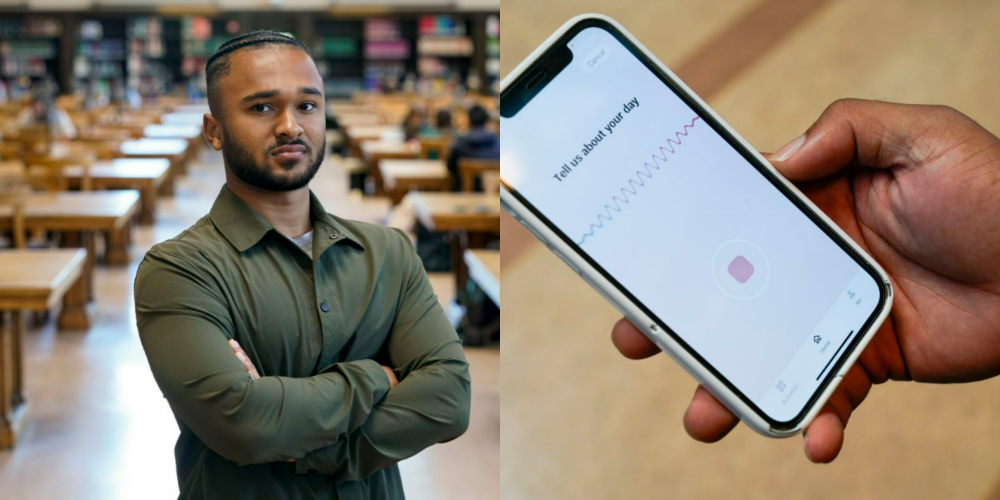AT Majory Stoneman Douglas High School on Valentine’s Day 2018, a gunman killed 14 students and three staff members.
Kai Koerber and his classmates struggled to get back to normalcy after this horrific experience, therefore he was motivated to create an app to support individuals in managing their emotions.
While some of Koerber’s Parkland, Florida, schoolmates have worked to promote gun control, entered politics, or simply taken a break to heal and concentrate on their studies, Koerber’s background in technology and desire to become a rocket scientist led him in a different direction: to create a mobile app.
Hence, introducing “Joy: AI Wellness Platform,“ a ground-breaking programme that makes suggestions for bite-sized mindfulness activities to users depending on their emotional states.
Regardless of the words or language a person uses, the algorithm Koerber’s team developed is intended to recognise how a person feels from the sound of their voice.
It was clear that Koerber’s motivation for developing the app came from the post-traumatic stress disorder he and his classmates experienced. His desire to aid traumatised individuals gave rise to the success of his app.
The 23-year-old University of California at Berkley alumnus stressed the significance of providing rapid tasks that can occasionally be completed in a matter of seconds, regardless of the user’s location.
“We’re very much trying to dispel the notion that mindfulness is a solitary activity or something that’s limited to sitting in your room breathing,“ Koerber said.
A former classmate of Koerber’s noted that the voice-emotion recognition feature is “unique to anything he has seen before.
“Because the practises are brief and simple to get into, I use the app roughly three times per week. Before I have to conduct things like job interviews, it really helps me immediately de-stress, his classmate mentioned.
You only need to talk into the app to use Joy. The AI is meant to be able to tell from your speech how you’re feeling and then propose quick activities.
Moreover, you can manually choose your mood if it doesn’t always capture it accurately. Say you are currently experiencing a “neutral” mood. The app offers a variety of suggestions, such as the 15-second “mindful consumption” exercises.
The app additionally offers a variety of suggestions, such as the 15-second “mindful consumption” exercise that asks you to “consider all the lives and beings involved in producing what you eat or use that day.”
Next, the app also provides recommendations, asking you to keep track of how often you laugh over the course of a week and add it up at the end of the week to determine when you felt happy, fulfilled, or purposeful.
With that, the cost of the app goes for $8 per month with an additional discount if you subscribe for a full year. It’s still a work in progress, and as with all AI, if it gets more accurate the more people use it.
Dacher Keltner, a professor at UC Berkeley and Koerber’s faculty advisor on the project, described Koerber as “a leader of this next generation who are thinking intentionally and with focus about how to use technology to meet the mental, physical, and climate crises of our times.”
According to Colin Walsh, professor of biomedical informatics, there are already a variety of wellness applications available in the market claiming to help people with mental health difficulties, but it’s not always apparent whether they actually do.
Given his inventive app and the fact that his work has been more meticulous than that of prior entrepreneurs, Koerber is undoubtedly going to make an impact.









